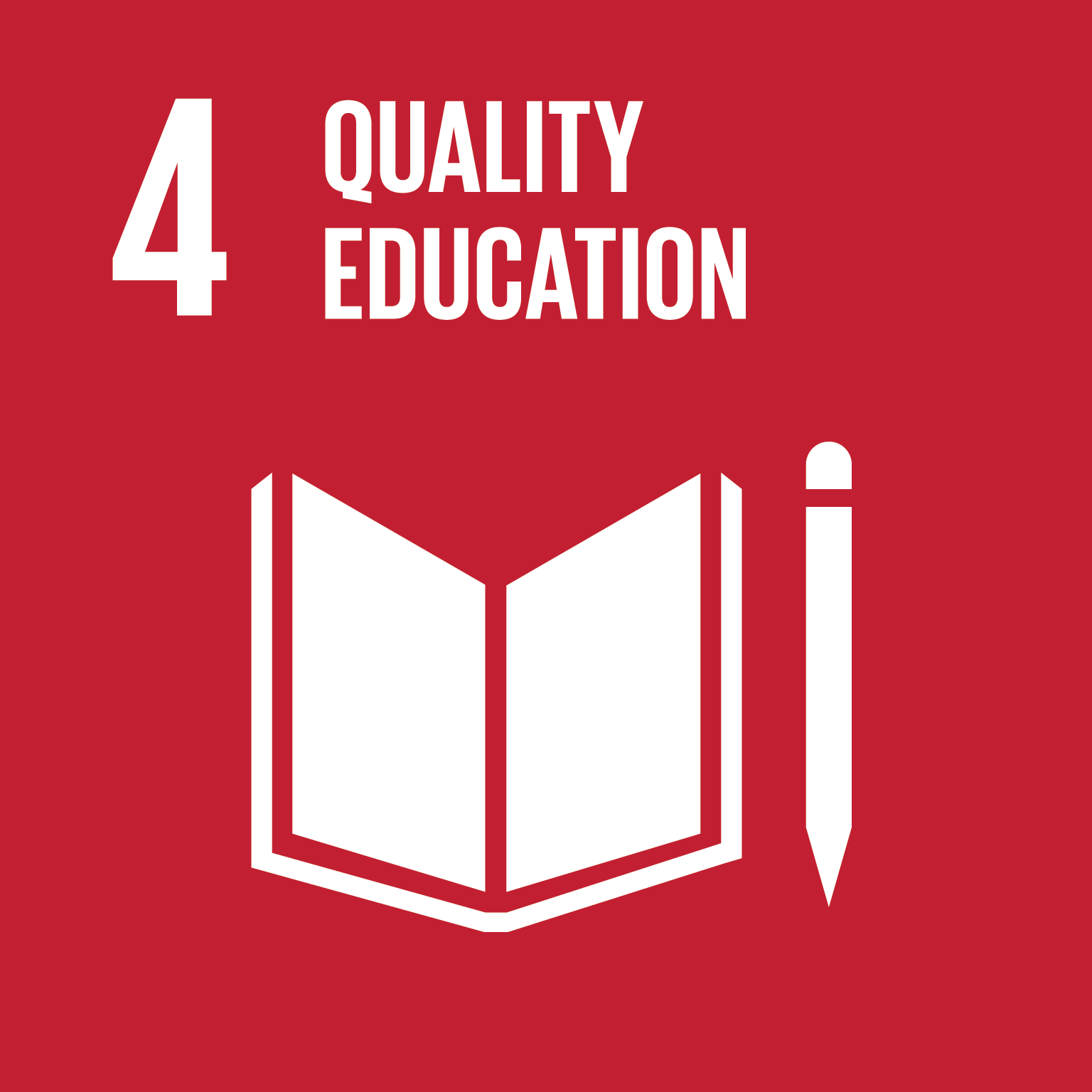
With the Global Sustainable Development Goals (SDGs), the world has agreed on an ambitious and universal education agenda for the period from 2015 to 2030, anchored in SDG 4:
"Ensure inclusive, equitable and quality education for all by 2030 and promote lifelong learning opportunities."
The overarching educational goal of the Global Sustainability Agenda (SDG 4) commits to the provision of inclusive and equitable education at all levels and expresses the new key features of the 2030 Education Agenda: access to education, equity, inclusion, gender equality, quality, and lifelong learning.
Being concrete and measurable, the ten sub-goals of the 2030 Education Agenda directly to achieving the overarching general goal.
Ten targets
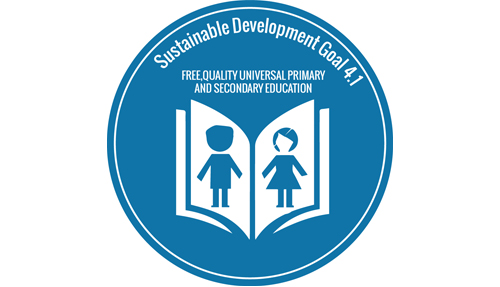
4.1 Universal primary and secondary education
By 2030, ensure that all girls and boys complete free, equitable and quality primary and secondary education leading to relevant and effective learning outcomes.
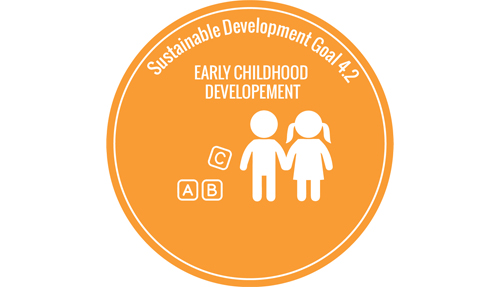
4.2 Early childhood development and universal pre-primary education
By 2030, ensure that all girls and boys have access to quality early childhood development, care and pre-primary education so that they are ready for primary education.
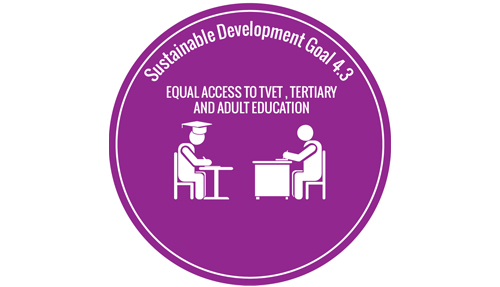
4.3 Equal access to technical/vocational and higher education
By 2030, ensure equal access for all women and men to affordable and quality technical, vocational and tertiary education, including university.
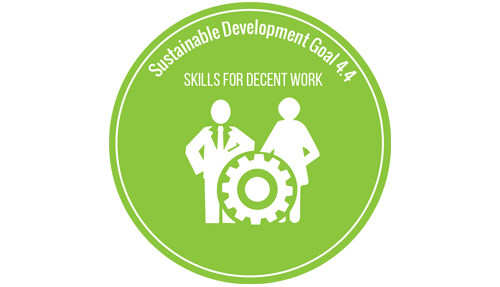
4.4 Relevant skills for decent work
By 2030, substantially increase the number of youth and adults who have relevant skills, including technical and vocational skills, for employment, decent jobs and entrepreneurship.
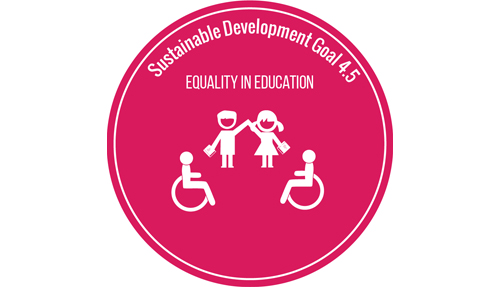
4.5 Gender equality and inclusion
By 2030, eliminate gender disparities in education and ensure equal access to all levels of education and vocational training for the vulnerable, including persons with disabilities, indigenous peoples and children in vulnerable situations.
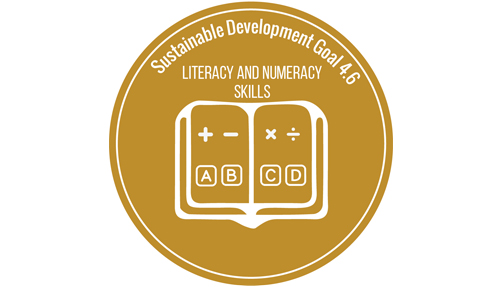
4.6 Universal literacy and numeracy
By 2030, ensure that all youth and a substantial proportion of adults, both men and women, achieve literacy and numeracy.
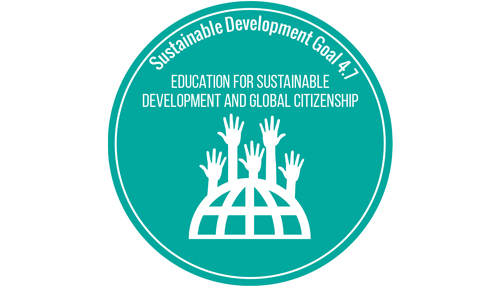
4.7 Education for sustainable development and global citizenship
By 2030, ensure that all learners acquire the knowledge and skills needed to promote sustainable development, including, among others, through education for sustainable development and sustainable lifestyles, human rights, gender equality, promotion of a culture of peace and non-violence, global citizenship and appreciation of cultural diversity and of culture’s contribution to sustainable development.
Read more on Learning to live together sustainably: Trends and progress
Three means of implementation
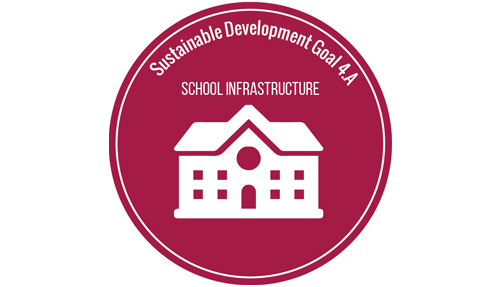
4.a Effective learning environments
Build and upgrade education facilities that are child, disability and gender sensitive and provide safe, non-violent, inclusive and effective learning environments for all.
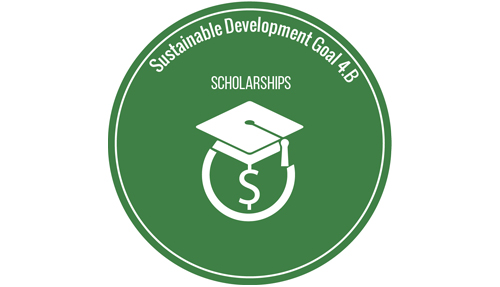
4.b Scholarships
By 2020, substantially expand globally the number of scholarships available to developing countries, in particular least developed countries, small island developing States and African countries, for enrolment in higher education, including vocational training and information and communications technology, technical, engineering and scientific programs, in developed countries and other developing countries.
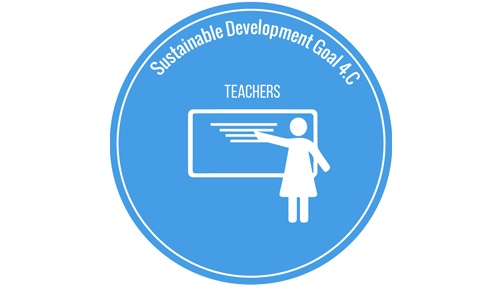
4.c Teachers and educators
By 2030, substantially increase the supply of qualified teachers, including through international cooperation for teacher training in developing countries, especially least developed countries and small island developing States.

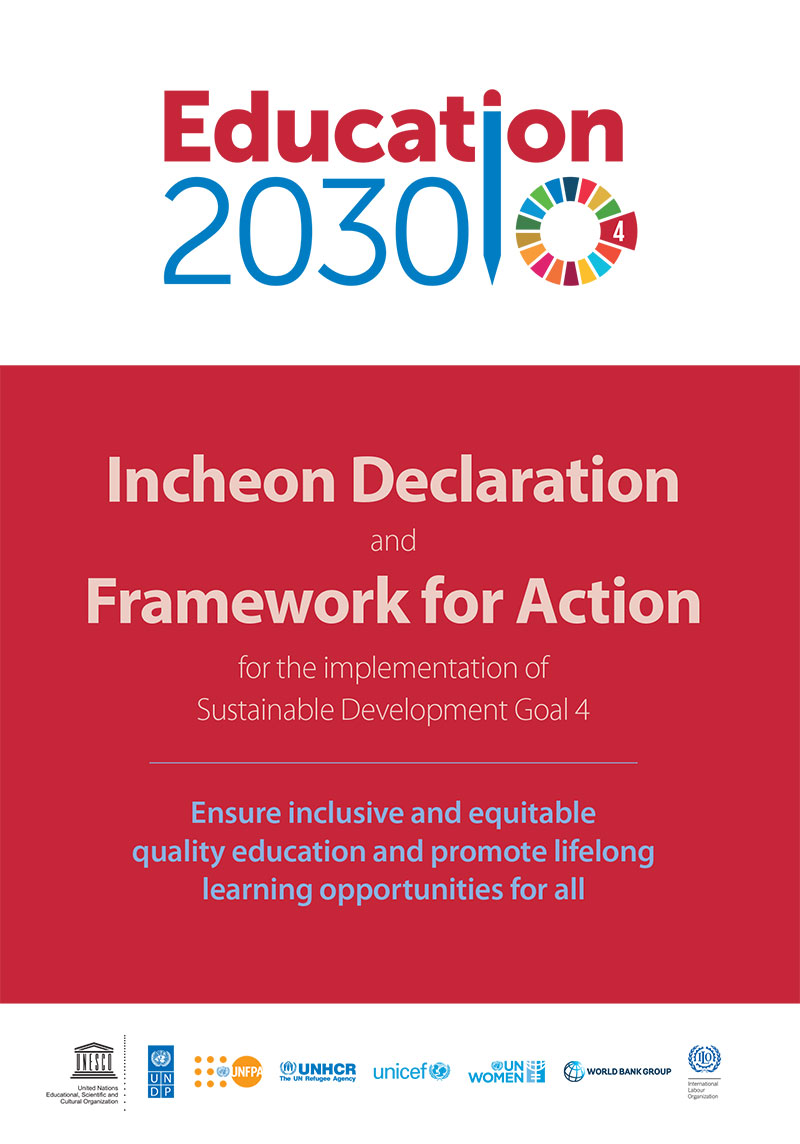
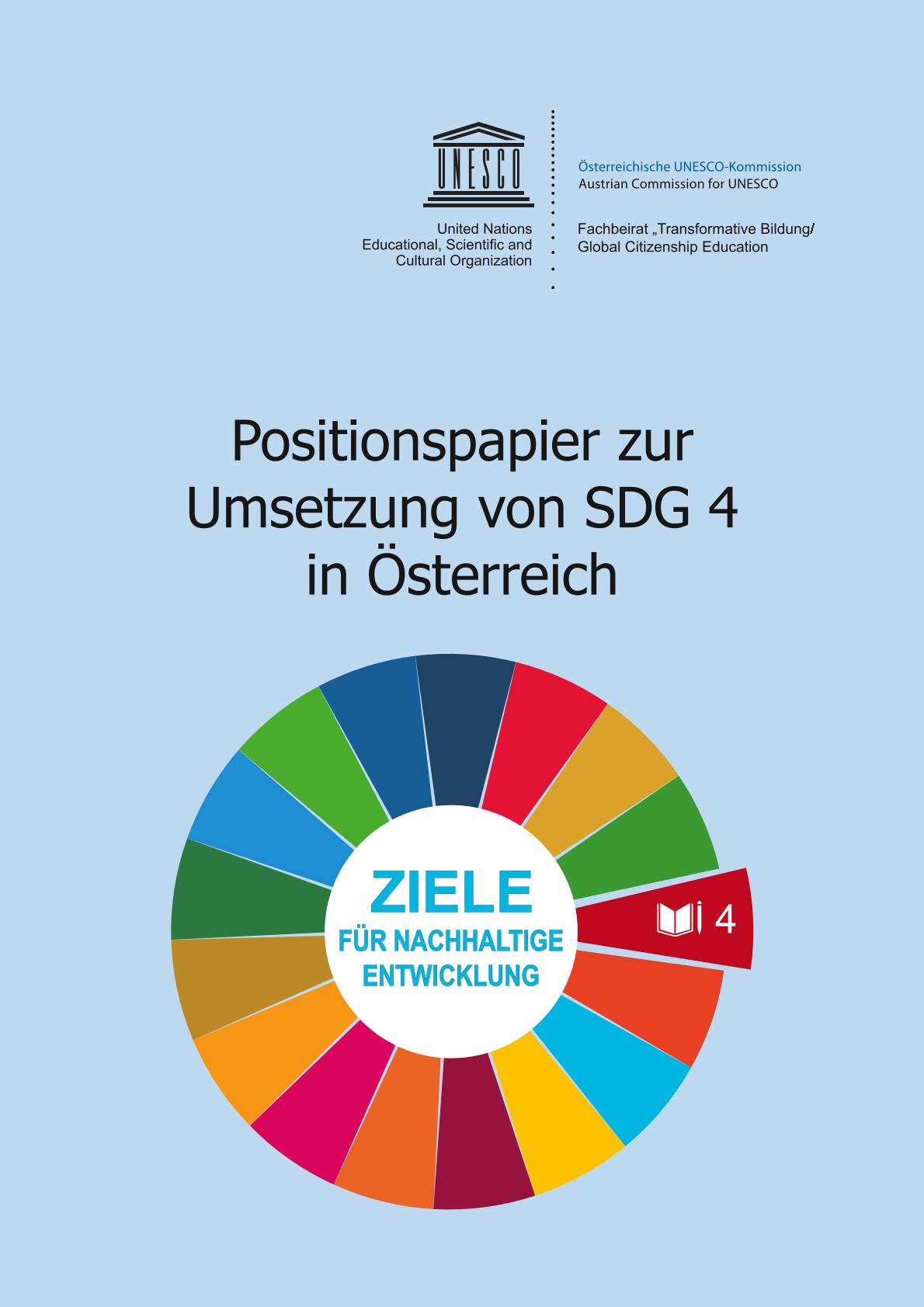
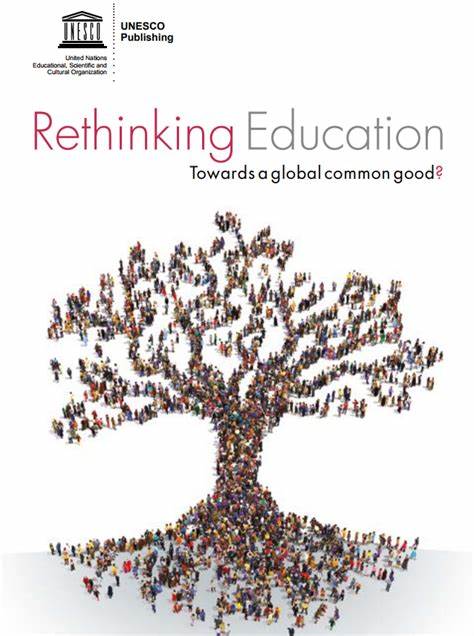
![[Translate to EN:] [Translate to EN:]](/fileadmin/_processed_/9/6/csm_education_2030_logo-page-001_7a6aecad7b.jpg)
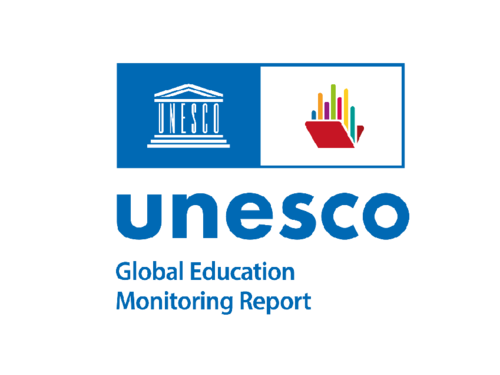
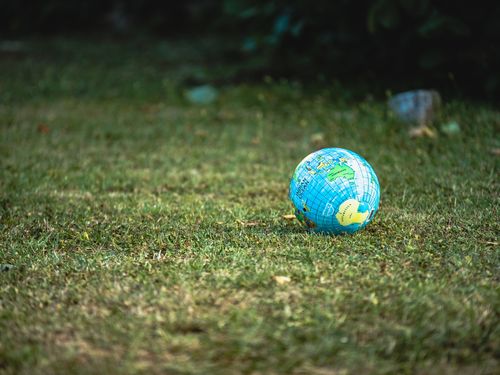

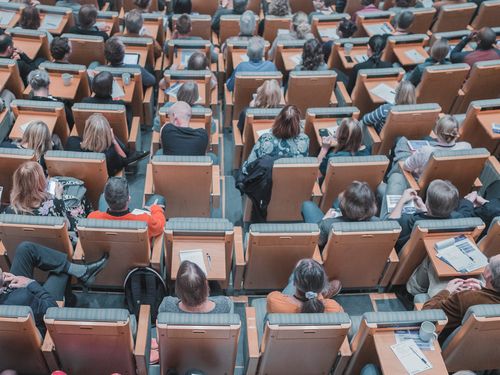
![[Translate to EN:] Publikationen zu Bildung 2030](/fileadmin/_processed_/8/a/csm_Publikationen3_af52a7496d.jpg)